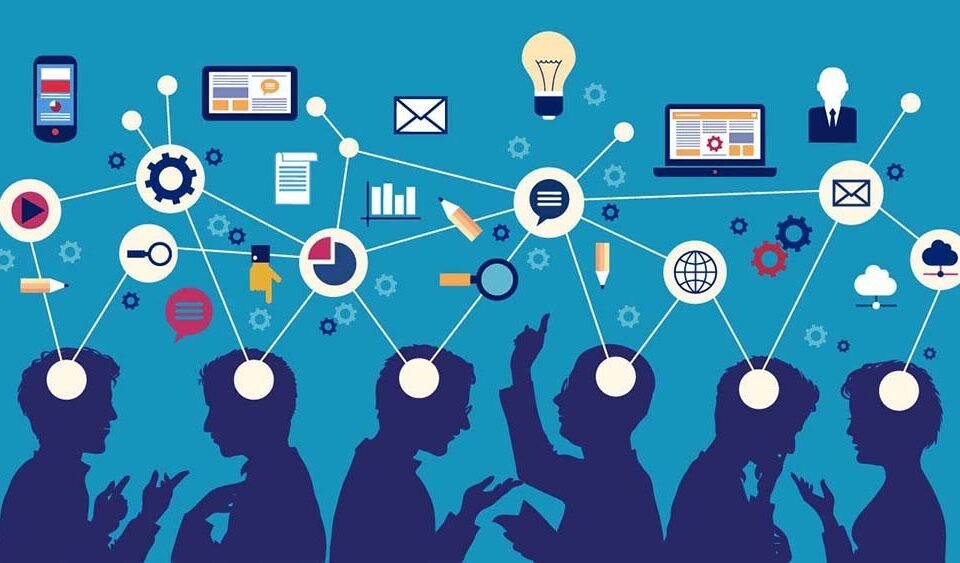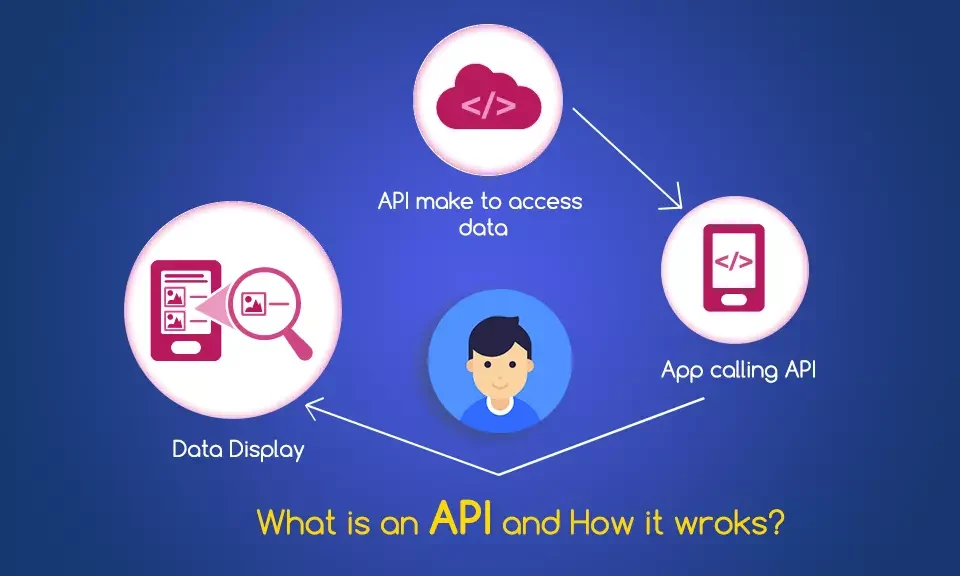
Top Career Mistakes Students Make (And How to Avoid Them)
July 7, 2025
The Future of Remote Work: Trends and Predictions.
July 8, 2025Artificial Intelligence, or AI, is becoming a big part of our everyday life, even if we don’t always notice it. The impact of AI begins the moment we wake up. When your phone unlocks using your face or fingerprint, when your smart speaker plays your morning music or reminds you about a meeting, AI is already at work. It learns your habits, follows your routine, and makes life easier without you asking. Smart homes use AI to turn off lights when you leave or adjust the fan and air conditioner based on the weather. This shows how AI is making daily life more comfortable and smart.
In healthcare, the impact of AI is truly life-changing. AI helps doctors understand test reports quickly and even detect diseases like cancer at an early stage. Wearable devices like smartwatches track your heart rate, sleep, and steps using AI. Some apps can even give you basic health advice when you’re not feeling well. All this helps people stay healthy, and doctors can make better decisions with the help of AI. It’s like having a health assistant who works non-stop to keep you safe and well.
The way we study is also changing because of AI. In schools and online classes, AI can now personalize lessons. This means if one student is learning fast, AI will give them harder topics. If another student is struggling, AI will slow down and explain the lesson again. Apps like Duolingo or BYJU’S use this method to make learning better and more fun. The impact of AI in education helps students learn at their own pace and gives teachers helpful tools to support each child better.
When we travel, AI helps in ways we might not notice. Google Maps tells us the fastest way to reach a place by checking live traffic. Cab booking apps like Uber use AI to find the closest driver. Some cars can even drive themselves using AI, though that technology is still growing. The impact of AI in transportation makes travel safer, quicker, and more organized.
AI also plays a big role in how we enjoy music, movies, and games. When YouTube shows you videos you might like, or when Netflix recommends a show you’d enjoy, that’s AI understanding your choices. Spotify creates music playlists based on your taste. The impact of AI in entertainment means you get content that feels made just for you, without wasting time searching.
Shopping online has become much smarter because of AI. When you visit sites like Amazon and see “Recommended for You” or when a chatbot answers your questions, that’s AI at work. It remembers what you’ve searched for, what you like, and even when you usually shop. The impact of AI in shopping helps you find what you need quickly and makes online stores feel more personal.
Even banks and money apps use AI. It can spot fraud, suggest saving tips, and even help invest your money wisely. You can now talk to bank chatbots anytime without going to a branch. This is how the impact of AI in finance is making money matters simpler, safer, and faster for everyone — especially from your phone.
However, AI also brings some challenges. People worry about their personal data being misused or about AI making wrong decisions. Others fear that AI might take away jobs in the future. These are serious concerns, which is why it’s important to use AI responsibly. The impact of AI is powerful, and we must make sure it helps people, not harms them.
Looking at the future, AI will continue to grow. It may help in farming, save electricity, reduce pollution, and even predict natural disasters. But how helpful it becomes depends on how humans choose to use it. If we use AI wisely and with care, it can create a better world for everyone.
In conclusion, the impact of AI on daily life is huge. It’s helping us learn, stay healthy, travel smartly, enjoy entertainment, shop easily, and manage money better. Even though AI works quietly in the background, it is changing how we live every single day. AI is not here to replace us, but to support us — like a silent helper that understands us more every day.
AI also plays a big role in how we enjoy music, movies, and games. When YouTube shows you videos you might like, or when Netflix recommends a show you’d enjoy, that’s AI understanding your choices. Spotify creates music playlists based on your taste. The impact of AI in entertainment means you get content that feels made just for you, without wasting time searching.
Shopping online has become much smarter because of AI. When you visit sites like Amazon and see “Recommended for You” or when a chatbot answers your questions, that’s AI at work. It remembers what you’ve searched for, what you like, and even when you usually shop. The impact of AI in shopping helps you find what you need quickly and makes online stores feel more personal.
Even banks and money apps use AI. It can spot fraud, suggest saving tips, and even help invest your money wisely. You can now talk to bank chatbots anytime without going to a branch. This is how the impact of AI in finance is making money matters simpler, safer, and faster for everyone — especially from your phone.
However, AI also brings some challenges. People worry about their personal data being misused or about AI making wrong decisions. Others fear that AI might take away jobs in the future. These are serious concerns, which is why it’s important to use AI responsibly. The impact of AI is powerful, and we must make sure it helps people, not harms them.
Looking at the future, AI will continue to grow. It may help in farming, save electricity, reduce pollution, and even predict natural disasters. But how helpful it becomes depends on how humans choose to use it. If we use AI wisely and with care, it can create a better world for everyone.





